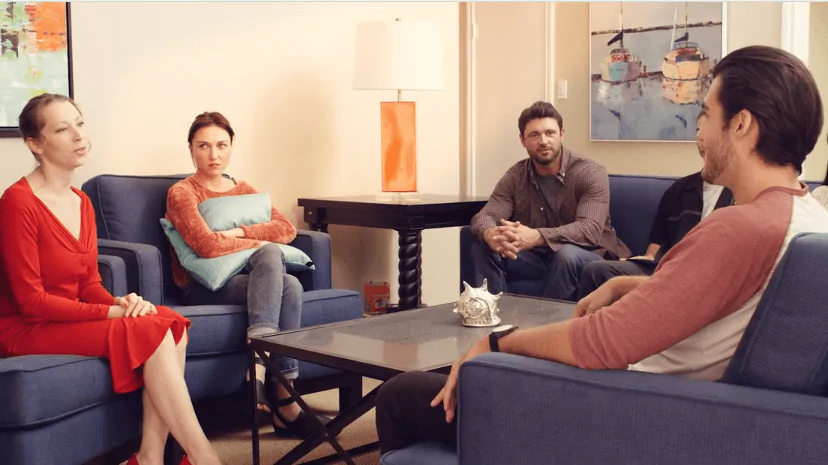24/7 Helpline:
(866) 899-221924/7 Helpline:
(866) 899-2219
Learn more about Bipolar Disorder Treatment centers in Williamson
Bipolar Disorder Treatment in Other Cities

Other Insurance Options

Private insurance

Optima

BHS | Behavioral Health Systems

Covered California

Health Net

CareFirst

Oxford

Carleon

Providence

Kaiser Permanente

MHNNet Behavioral Health

AllWell

Cigna

Medical Mutual of Ohio

Sutter

Group Health Incorporated

United Health Care

WellPoint

UnitedHealth Group

American Behavioral






Williamson Comprehensive Treatment Center
Williamson Comprehensive Treatment Center offers medication assisted treatment with methadone for me...






